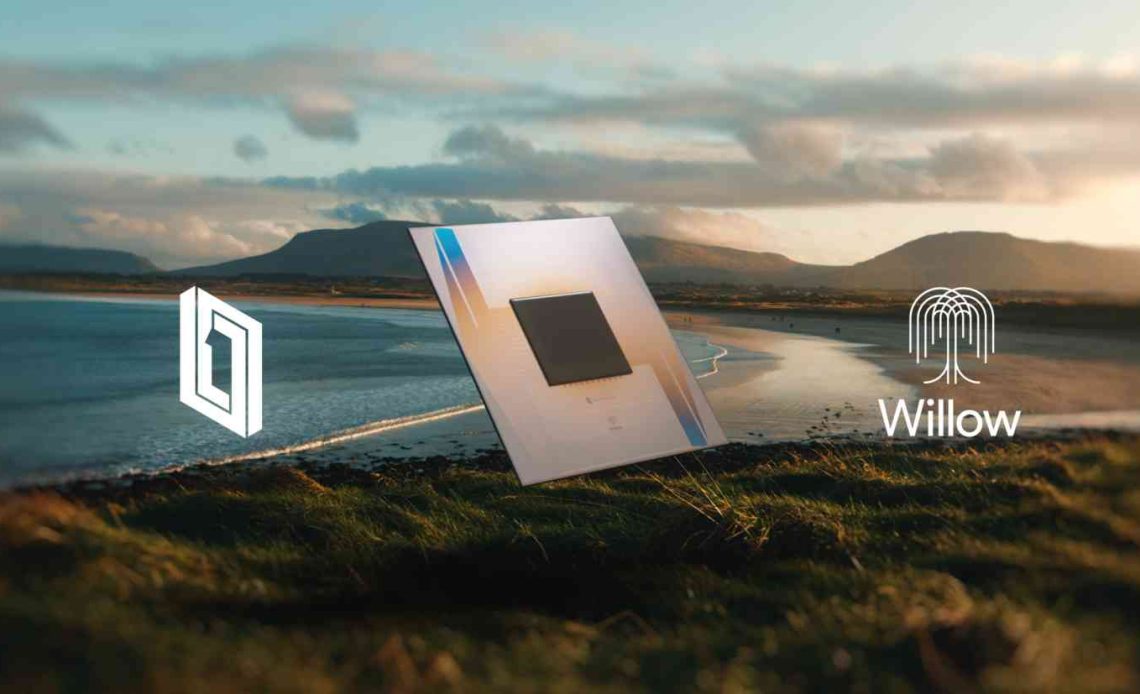
Google has taken a giant leap forward with the Willow quantum chip, a technology that outpaces even the fastest traditional computers. Yes, if you think your high-end laptop is fast, Willow laughs in binary. While your high-end laptop handles tasks with finesse, Willow operates at speeds that redefine what’s possible. Claimed to solve complex problems in just minutes, it raises the question: what is quantum computing, and why should you care? Let’s break it down.
Quantum Computing, Simplified (Sort Of)
Quantum computing isn’t your everyday “turn-it-off-and-on-again” technology. It’s built on the mind-bending principles of quantum mechanics, where things like superposition and entanglement make our classical bits look like toddlers playing with blocks. While classical computers use bits (a strict 0 or 1), quantum computers deal with qubits. Thanks to superposition, qubits can be 0, 1, or both simultaneously, essentially multitasking on steroids.
Here’s an analogy for the TL;DR crowd:
Imagine you’re at a massive library with thousands of books. A regular librarian (your classical computer) painstakingly flips through every book, searching for a specific passage. Now meet the quantum librarian, a genius who somehow glances at every book simultaneously and immediately points out the passage you need. That’s the promise of Aurora, the latest quantum leap from Google, a revolutionary system poised to rewrite the rules of computation.
What’s Google Bragging About?
Google is calling Willow a “breakthrough.” With 105 qubits packed into this chip, it boasts improved connectivity and reduced error rates. The real kicker? Willow recently solved a task in under five minutes that would’ve taken even the world’s fastest supercomputer longer than the existence of, well, everything.

What Can Quantum Computers Actually Do?
Quantum computers aren’t just here to make classical systems jealous, they have actual uses (eventually). Think groundbreaking drug discovery, smarter AI, and cryptography that could either save or doom us. Yes, quantum computers might one day crack current encryption methods faster than you can say “data breach.”
Unsurprisingly, companies like Apple are already hustling to develop quantum-proof encryption. The National Quantum Computing Centre (NQCC) in the UK also sees practical potential: think optimizing cargo freight, managing telecom signals, or solving logistical nightmares that would make Excel spreadsheets weep.
Also Read: Google Unveils “Willow” Quantum Chip
When Can We Expect Willow in the Wild?
As much as Google wants you to believe quantum computing is the future, don’t expect Willow to land in your local ‘Best Buy’ anytime soon. Hartmut Neven, the head of Google’s Quantum AI lab, suggests Willow could be applied to some niche tasks soon but admits widespread commercial use is still years away. So, for now, Willow remains a tantalising glimpse into the quantum realm, a chip that’s faster than the universe and more elusive than your Wi-Fi at a coffee shop. Because, let’s face it, if there’s one thing humanity needs, it’s a computer that can outthink us all.

